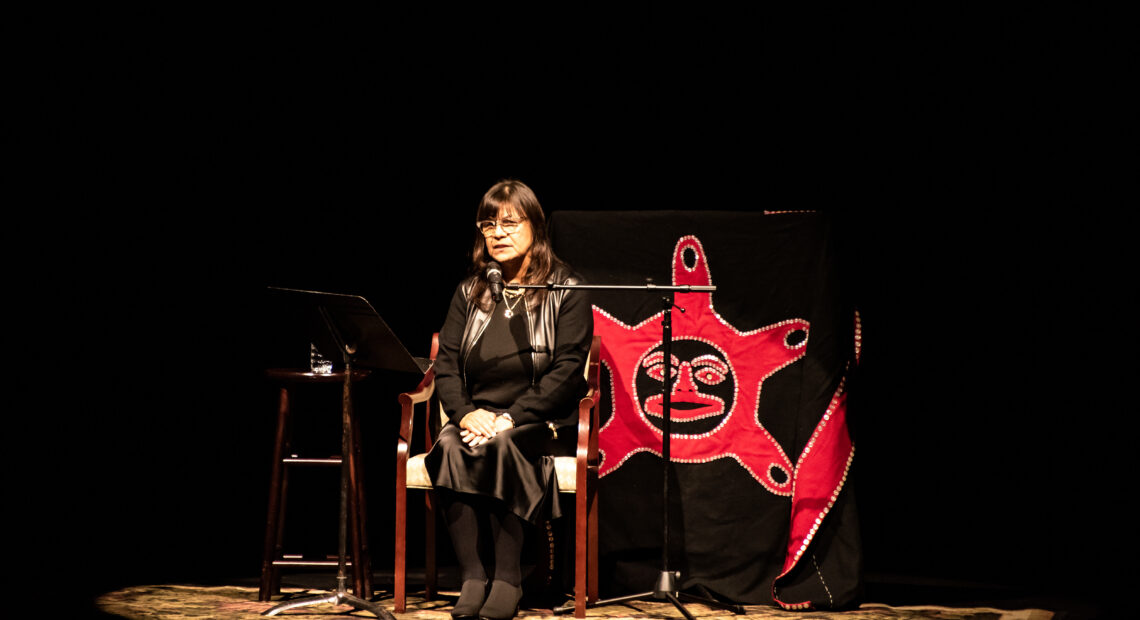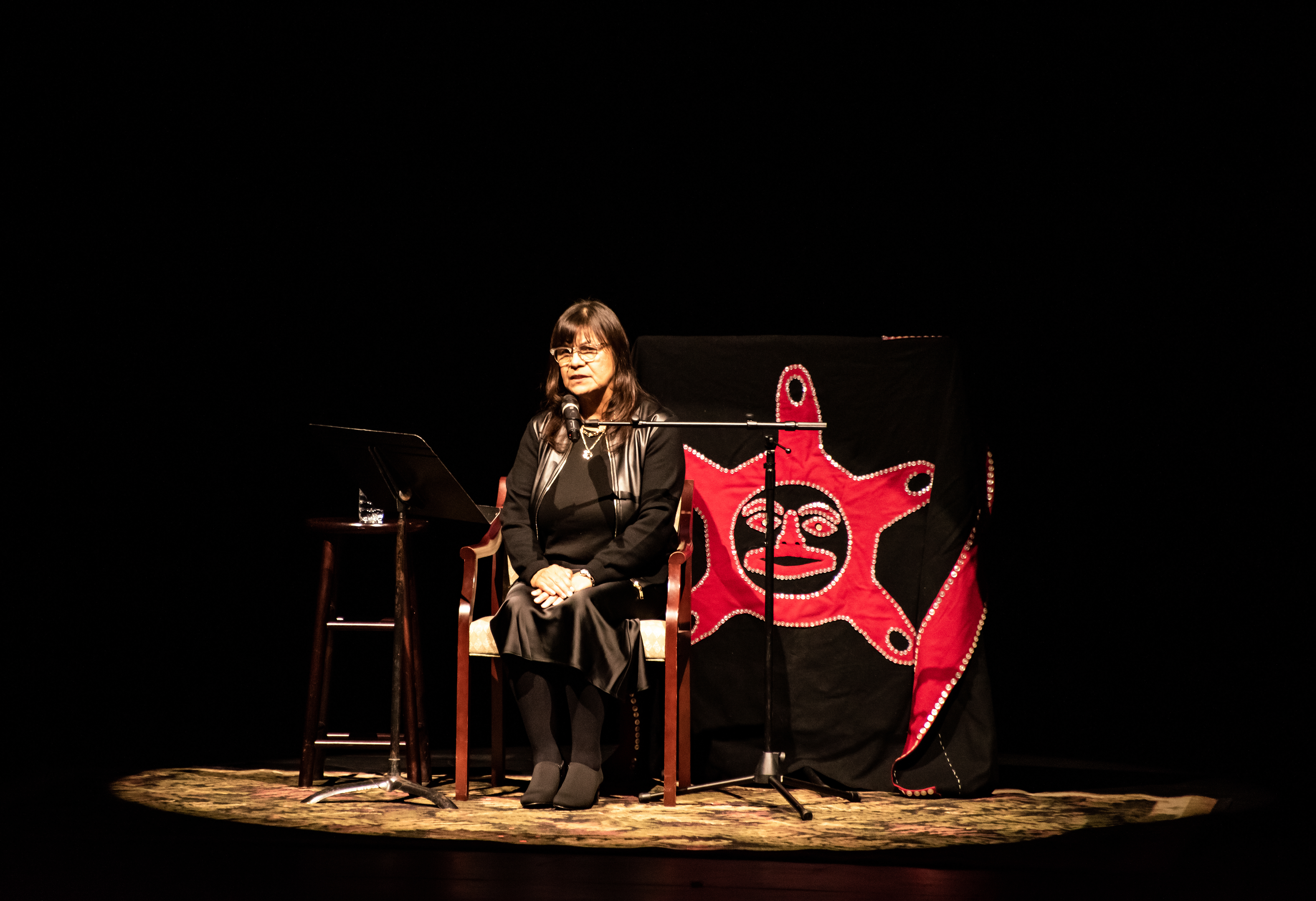
Second year of funding to the arts sees more recipients throughout Washington
Listen
(Runtime 0:56)
Read
Catherine McKinney is a sister of a person with developmental delays. She knows firsthand the joys and challenges families face when seeking opportunity and community for their loved ones.
At Clallam Mosaic, where she is the program and communications director, McKinney helps families like hers find community through recreational programs that range from martial arts to quilting. Since 2019, the organization on the Olympic Peninsula has expanded its arts offerings.
Now, with funding from ArtsFund and the Paul G. Allen Family Foundation, Clallam Mosaic plans to open its artisan marketplace in June. The space will allow participants to sell their works in downtown Port Angeles.
“We want to offer a place where we partner to nurture an artist on their path, so they can flourish,” McKinney said, “and that’s what this funding is truly allowing.”
Clallam Mosaic is one of over 800 grant recipients receiving funding from the Community Accelerator Grant, a partnership between the two Seattle nonprofits to invest in the recovery of Washington’s arts and culture sector post-pandemic.
“At the foundation, we know and believe that arts and culture are an integral part of a thriving community, and really wanted to ensure that the sector could be sustained during such a challenging and trying time,” said Lara Littlefield, executive director of partnerships and programs at the Paul G. Allen Family Foundation.
The grant funding is unrestricted, and can be used however the recipients would like.
The second year of the grant has expanded who it includes, with recipients in 37 of the state’s 39 counties.
“We recognize that a lot of the state of Washington is or has not been directly participatory in a lot of large-scale philanthropy, and these things are looking to change that,” said Michael Greer, president and CEO of ArtsFund.
Greer said there was a focus on awarding money to organizations that serve and are led by rural communities, LGBTQ people and Black, Indigenous, and people of color.
Organizations most commonly listed programming as the primary intended use of the grant funding, followed closely by salaries and labor.
While 28% of the grantees are new to the program this year, the rest also received funding last year, such as Indigenous Performance Productions, based in the South Salish Sea area. Andre Bouchard is the organization’s founder and executive creative producer. He said the money represents a significant portion of the small organization’s yearly budget.
“Without funding like this, we wouldn’t be able to dream big,” Bouchard said.
Last year, the dollars helped the group embark on creating a documentary series, which Bouchard said expands the reach of the organization’s storytelling.
“It’s all about changing the narrative and sort of getting people further on their journey of understanding about Native culture, because the preponderance of stories that have been told about Native people have been originated by white men,” Bouchard said.
Timely, given how the pandemic opened up new possibilities for arts to engage with audiences virtually. Indigenous Performance Productions was primarily a live, touring group before. Live performances have returned, Bouchard said, including a Native stand-up comedy tour they support.
















